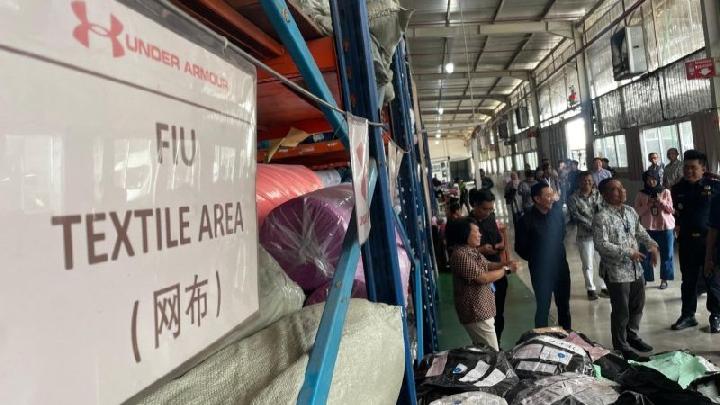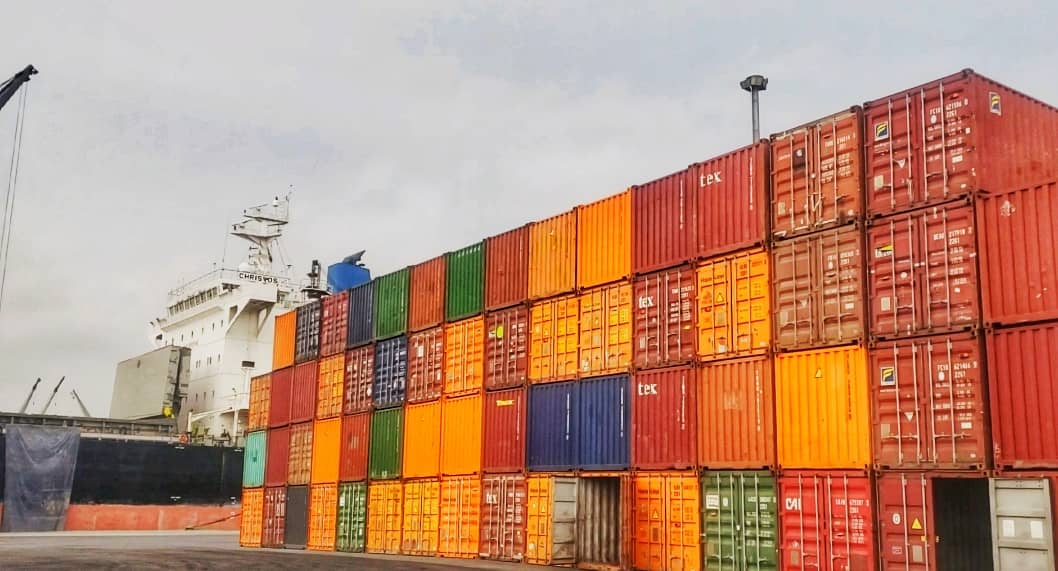By Rmn Ivansyah kontributor
Copyright tempo

TEMPO.CO, Jakarta – The bonded zone of Cirebon, Indramayu, Majalengka, and Kuningan (Ciayumajakuning) is claimed to have absorbed more than 112 thousand workers. These workers are spread across several industries that contribute the highest export value in the region.The Head of the Cirebon Customs Office, Abdul Rasyid, explains that the bonded zone in the region has become one of the drivers of economic growth. “As of September 2025, the number of companies enjoying the facilities has grown by almost 77 percent compared to 2022, with the footwear industry dominating,” he said on Thursday, September 25, 2025.Rasyid revealed that the bonded zone in Cirebon is a labor-intensive industry and has recorded over Rp15 trillion in foreign exchange. “It also drives the growth of supporting businesses around the industrial area,” he said.There are five major corporations in Cirebon with high export values. PT Long Rich is at the top with a contribution of Rp4.24 trillion, followed by PT Shoetown Ligung Indonesia in second place with Rp2.56 trillion and PT Litebag Indonesia with an export value of Rp2.1 trillion. The other two companies, PT Limbros and PT Diamond, each recorded exports of Rp1.13 trillion and Rp1.09 trillion, respectively.The General Chair of the Association of Bonded Zone Entrepreneurs (APKB), Iwa Koswara, claimed that the economy has yet to fully recover after the Covid-19 pandemic and several other factors. However, with the state-sanctioned bonded zone facilities, the industry can continue to grow and develop.”These facilities are like saviors for us. Companies that receive facilities tend to have a stronger resilience than those that do not,” said Iwa.He explained that industries entering the bonded zone can not only survive but also expand to other regions. “Many of our members are expanding and adding factories to other regions, including in West Java and Central Java,” said Iwa, adding that he’s confident that the bonded zone will attract more investors to invest in Indonesia.Meanwhile, the Director of Communication and Guidance for Users of Customs Services of the Ministry of Finance, Nirwala Dwi Heryanto, said the bonded zone is designed to provide fiscal stimulus and maintain state accountability.Industries in the bonded zone, he said, are given facilities for the suspension of customs duties and import taxes on raw materials and capital goods. “As a result, companies can reduce production costs and be more competitive in the global market,” said Nirwala.As of August 2025, there are 1,512 operating companies under the bonded zone scheme. This industry has managed to absorb more than 1.83 million workers, contributing about 30% to the total national exports and generating foreign exchange of Rp3.140 trillion.According to Nirwala, the bonded zone facilities are not only a driving force for exports but also attract investments. This was apparent in 2024, when the bonded zone successfully recorded industrial investments of Rp221.53 trillion, demonstrating its role as a magnet for business players. To support these activities, the government also provided fiscal facilities worth Rp69.63 trillion in the same period.Editor’s Choice: Apindo Confident IEU-CEPA Will Create More Jobs in IndonesiaClick here to get the latest news updates from Tempo on Google News



